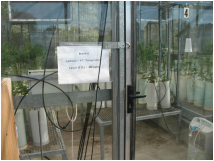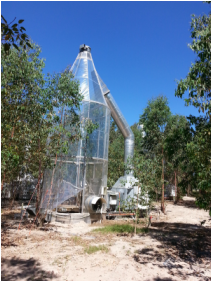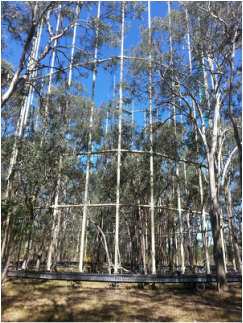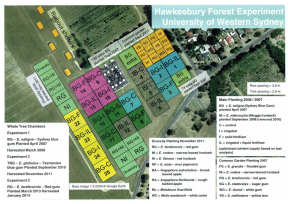Climate Change Research at the University of Western Sydney.





Trees are adapted to the conditions where they grow and are sensitive to change, if the climate in which they are located changes their is a strong chance that they may not survive,


 RSS Feed
RSS Feed